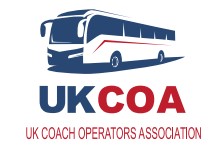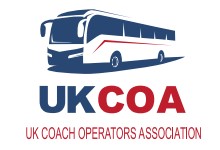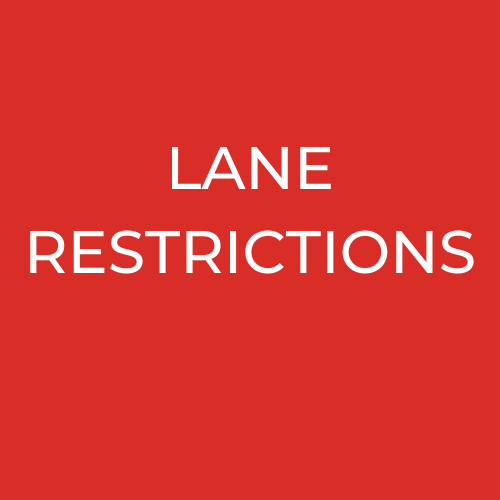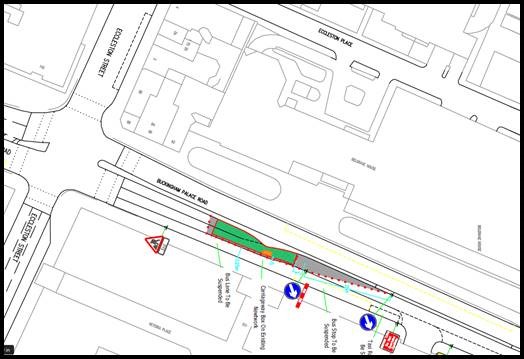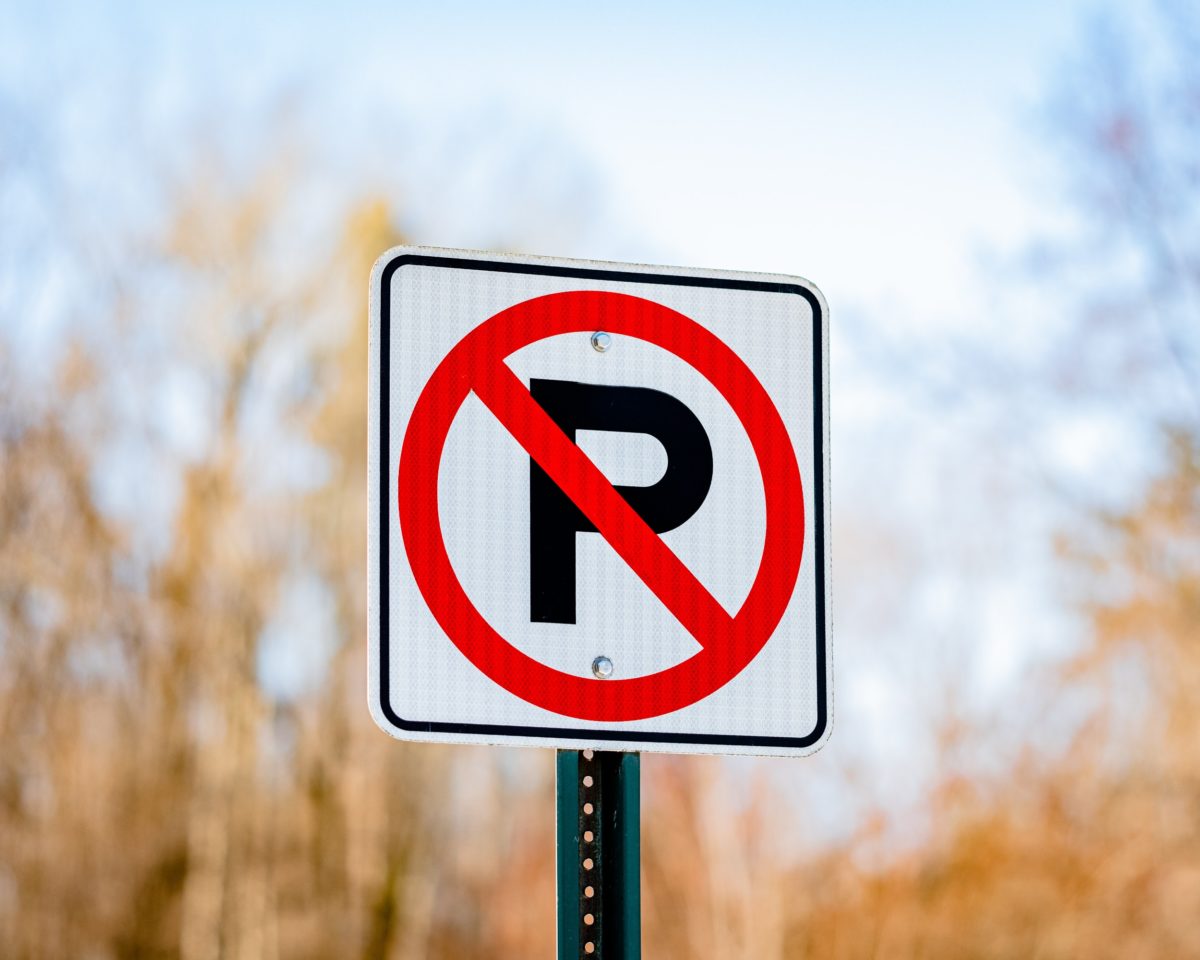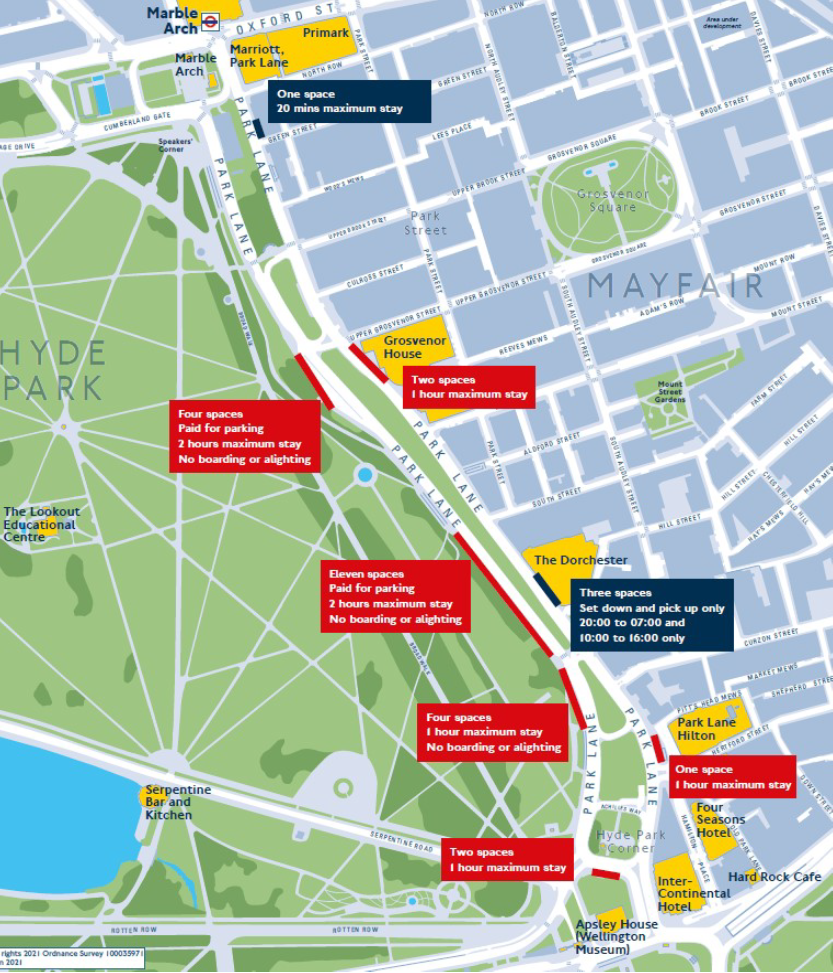It was back at the beginning of the Year (RouteOne 864 January 2023) that I reminded coach operators of the minimum levels of PSVAR compliance required for Home to School (H2S) and Rail Replacement (RR) fleets from 1 August 2023. This deadline is now less than three months away so do make sure that your fleets comply with these requirements.
If, since you applied for your exemption from PSVAR, your fleet used to provide H2S or RR services has changed (either increased or decreased) which has moved you into a different ‘band’, you must notify the Department for Transport (DfT) at [email protected]. This is easy to do; it will be far harder trying to explain to the DVSA why the percentage of compliant vehicles does not meet the recorded fleet numbers post August 2023 if they surprise you with a visit.
So next up is the Call for Evidence, as part of the review of PSVAR. This is promised during the spring, and I would guess that this will appear in your ‘inbox’ soon, now that the local elections have taken place. This is important and will shape the policy for bus and coach accessibility for the next 20 years. It comes just as most coach operators get ready for what is the busiest time of the year. As I said in January, it is a good time to be part of a trade body if you do not have time yourself to respond to the Call for Evidence. We are being given the chance to have our say in the matter and I know that the DfT are taking this extremely seriously.
So, what are the important issues that we should raise when we prepare our response? Here are a few thoughts.
Different Regulations for Bus and Coach
I believe it is important that we stress the difference between buses and coaches and the need therefore for a different set of regulations for them. This is both in their use and design. The coach is a very versatile vehicle, and in its life, it may be used for a variety of purposes. Underfloor space is essential as we all know. In my mind it therefore makes common sense that this is recognised. Whist in some aspects (colour contrasting handrails for example) there will be some similarities, in many other aspects the ‘cross-over’ between a bus and a coach is limited. To be fair, I think the DfT fully understand this, but as I have learnt, it needs to be spelt out so that they have the necessary evidence in front of them.
It is not just the vehicle
It is absolutely vital in my opinion that we stress that a vehicle can only be accessible if the necessary infrastructure is provided on the street and other locations where passengers are set down and picked up. At the very least a kerb line needs to be provided to allow a lift to be deployed or to provide level access for a ramp. How many coaches are required to pick up in a car park, a country lane, a motorway service station or at a tourist attraction? At the very least there should be a requirement to provide a set of guidelines for schools and other organisations that welcome coaches as to how to provide a suitable location to set down and pick up. Maybe something that a government department with the help of the trade bodies could put together?
It is not just about those in wheelchairs
Disability Sport report there are over 11 million people with a disability in the UK while 1.2 million people use a wheelchair (https://bit.ly/3NxcuP5)$. The focus on the lift in coaches has always been for those who use a wheelchair. However, I believe that a redesigned lift could be beneficial for others, especially those who find the stairs or steps a challenge. This may not be an easy one to solve, but I am convinced that there is a solution somewhere. We need to make sure that all disabled people benefit from PSVAR, not just one or two groups, however important they are.
Who else will be responding?
The call for evidence is not just for bus and coach operators. The DfT will be receiving a wide variety of responses from across society including many disabled groups. That is why I want to encourage you to have your say. We need a balanced approach and also one that takes us forward. We need to say what we are able to achieve rather than focus on what we cannot do and end up with a new set of PSV Accessibility Regulations that are achievable and that the industry are happy with. If we, the coach and bus industry don’t contribute to the debate, others will!
$ – there are other more recent figures but these give a UK wide perspective for both those with a disability and those who use a wheelchair
Peter Bradley
Managing Director
UK Coach Operators Association
